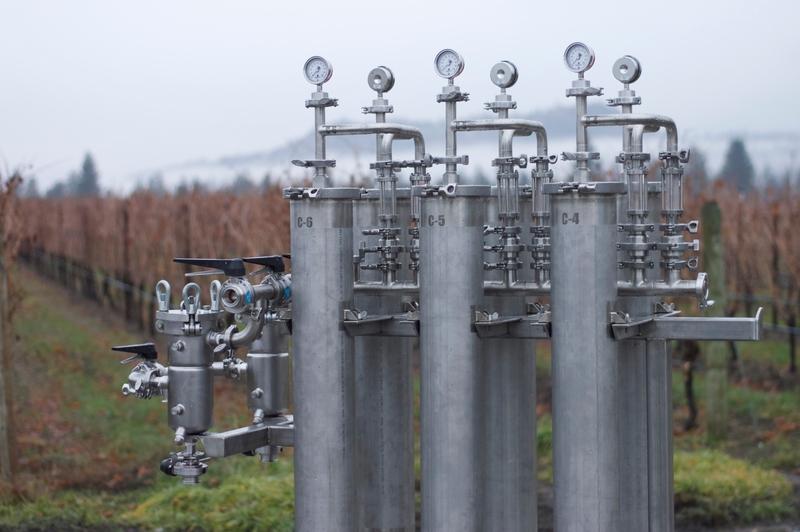
Molecularly imprinted polymers are poised to revolutionize wine filtration
Imagine a candidate for vintage Which targets and retains only Molecules unwanted. Such as the phenols they produce brettanomyces, for example. Well, you're not dreaming! This feat was made possible by the use of Molecularly imprinted polymers (PEM, or MIP in English). New Zealand company Amaea has been working on this technology for about ten years, and has just launched a range of specifically tailored solutions vintage.
PEMs are synthetic materials that contain specific molecule-like cavities. More schematically, they are small plastic balls on which the shapes of the components to be printed are printed on a microscopic scale. exclude. Once the wine circulates in the tubes filled with these beads, the target molecules become embedded in them Fingerprints. All that's left is to clean the filter to replenish the billions of tiny traps. ” This technology is not new, but it has only been used on a very small scale Laboratories“, explains Jonathan Engel, a senior executive at Amaea. Our challenge was to change the dimension so that we could deal with it Tanks all. » Work has begun on the 2021 wine in California at the request of a major wine group, after a 2020 marked by wildfires and the extent of smoke flavors in the wine.
Traps odorous phenols and unstable proteins
” We searched for and identified the molecule responsible for this defect, and the PEM results were satisfactory.“, says Tore Arvik, responsible for applied research at Amaya. Our treatment had less effect on me vintage Of other existing operations. » The company then developed a targeting solution Volatile phenols from brettanomycesand more recently for Wine fined. ” This latest technology is much more than that fast It is a traditional practice, as there is no longer a need to wait for the compounds to settle. In addition, it removes Allergensso it is stated on the label, and performance is improved because there is less material to dispose of “Jonathan Engel says.
The company confirms that it costs Processing with this technology is similar to conventional filtration processing. In practice, the technician takes samples of the wine to be processed and performs laboratory tests on small quantities. it is in Winemaker Then to determine the compromise between processing flow and taste outcome. ” For phenols for example, we generally remove between 25 and 30% of the molecules, and this is enough to modify the profile of the molecules. vintage “, explains Tore Arvik. Marketing has begun in the US and New Zealand. Amaea is currently seeking to establish its presence in Europe.

“Organizer. Social media geek. General communicator. Bacon scholar. Proud pop culture trailblazer.”
